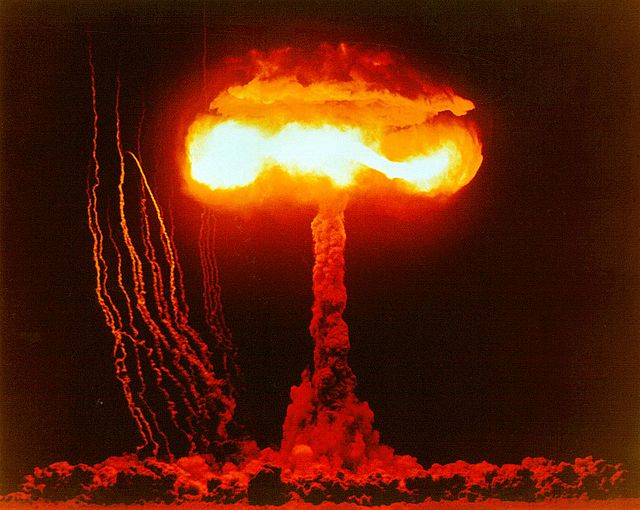You’re Preparing for the Wrong Apocalypse

Working behind the counter at a gun store, a big part of my job involved answering customers’ questions. With any type of product, prospective buyers always want to know what the best one is so that they can make informed decisions instead of making purchases they later regret. My coworkers and I always had good answers to the common questions: when asked what the best concealed carry pistol was, we’d show off the most popular compact and subcompact models; when asked about the best hunting rifles, we’d pull down the models most suited for taking common game animals in our area. One repeat question for which I never had a direct answer, though, was, “What’s the best gun for the apocalypse?” You see, the problem isn’t that I don’t have a good answer, it’s that I disagree with the premise of the question itself.
It is entirely reasonable to want the best hardware for any possible scenario, but the “apocalypse gun” question is the wrong one to ask. The kids raised on The Road Warrior and Escape from New York are now adults with the means to buy firearms, so when it comes time to prepare for the worst, they immediately think back to those dark fantasies from the silver screen. To anyone whose emergency preparedness plan is designed around a total societal collapse, I ask this: how likely is it, really? Throughout the entire history of the United States, it has been exceptionally rare for an entire city to become an uninhabitable, lawless wasteland. Even the most infamous cases of extreme civil unrest, like the 1992 L.A. riots, have been relatively brief. For anyone not already living in a dangerous area, attempting to leave home and travel elsewhere in the middle of a riot is far more dangerous than staying inside.
The above is not to say that there have never been “apocalyptic” events in the United States. Any event in which basic social services are limited severely enough and for long enough that normal everyday life becomes impossible could be called an “apocalypse.” That definition brings to mind not just civil unrest, but natural disasters. In the aftermath of Hurricane Katrina, for example, millions of people in the affected area were left without access to utilities for weeks. Sheltered in the top floor of a flooded New Orleans house, a hurricane survivor would have been far more worried about finding food and clean water than whether Mossberg or Remington makes a better shotgun. Every few years, my part of the country is hit with a blizzard that causes widespread blackouts and renders the roads inaccessible for days. The last time I found myself shivering in a dark room with snow all around, I was thankful to have plenty of food and blankets around and hardly gave a second thought to whether an M&P would have been a better choice than my Glock. Even in those rare cases when looters and rioters are more of a concern than extreme weather, a well-stocked pantry is far more useful than an extra gun.
My point is that weapons and ammunition are not necessarily the most important things to have in times of crisis. Even a temporary breakdown of law and order makes it all the more important to have the ability to defend yourself and your family, but that should never come at the cost of more basic supplies. One of the most basic rules of emergency preparedness is to plan and prepare for the most likely events first. A horde of zombies roaming the countryside is not a likely event. In any time of crisis, your survival is mostly dependent on your access to food, water, clothing, and shelter. The next time you consider buying a new chest rig or a bulk case of shotgun shells, consider instead putting that money toward the supplies that are the most likely to help you should an apocalyptic event occur.
